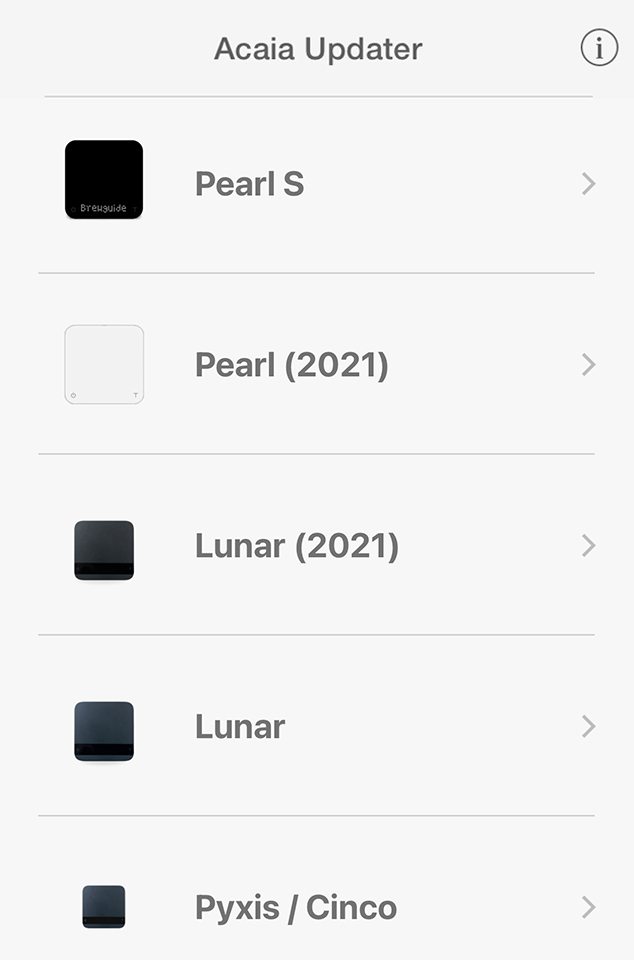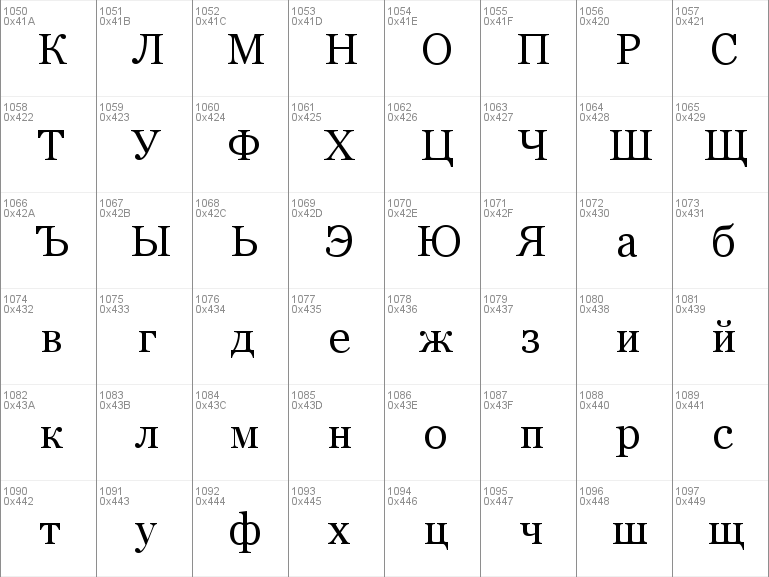
- Free font georgia pearl black update#
- Free font georgia pearl black software#
- Free font georgia pearl black mac#
This typeface is also available within Office applications. Products that supply this font Product name
Free font georgia pearl black software#
License Microsoft fonts for enterprises, web developers, for hardware & software redistribution or server installations.
Free font georgia pearl black mac#
All Rights Reserved.ġ252 LaLatin 2: Eastern Europe 1251 Cyrillic 1253 Greek 1254 Turkish 1257 Windows Baltic Mac Roman Macintosh Character Set (US Roman)

It was also included in the Internet Explorer 4.0 supplemental font pack. Version 1.00 - Georgia 1.00 was added to our collection of Core fonts for the Web on 1 November 1996.
Free font georgia pearl black update#
Version 2.00 - Georgia 2.00 which includes the euro, proper old-style figures and the full WGL4 character set was added to the Windows 98 update Web font pack in August 1998. Georgia version history Version 2.05 - This version includes some minor table updates, but no new glyphs. The newer releases contain all the characters necessary to typeset Eastern European languages, in addition to the Greek and Cyrillic scripts. Originally made available in September 1996, the Georgia typeface family was released in an extended version in October 1997. The bold weight of the typeface has been similarly carefully designed, to ensure that it is always heavier than the regular weight an important consideration at small sizes on the screen, where it is often necessary to distinguish between the two. Unlike many contemporary fonts, it is a true italic, containing such characters as the single-storeyed lowercase a and g. Georgia's accompanying italic is a graceful, flowing font, the design of which entirely masks the difficulty of creating an italic for the screen. In Georgia, the uppercase characters are lightened, the x-height is increased, the ascenders rise above the cap height, and the numerals, often cut with a high degree of stress, have been evened out and made slightly non-aligning - a characteristic that imparts a flavor of individuality to any page set in Georgia. To create a font tailored for on-screen display, Carter had to make several departures from the Scotch mold. The influence of the Scotch model on Georgia is most clearly seen in the horizontal top serifs of the lowercase b, d, h, k and l, and by the flat top of the lowercase t, a typographic allusion to the typeface's roots in Didot. Carter admits that he had always admired Scotch, particularly in its early forms as cut by Richard Austin for Bell and Miller.

At the time he started Georgia he had been working on a new retail family called Miller, which is a version of Scotch Roman. Carter acknowledges the influence of Richard Austin's early nineteenth-century cut of Scotch Roman on the design of his letterforms. At high resolutions and larger sizes on screen, it's evident that Georgia's ancestory is essentially that of Didot and - most noticeably - of Scotch Roman. In Georgia, Carter has successfully managed to create a typeface family which combines high legibility with character and charm. This is as much testament to the skill of the typeface's designer, Matthew Carter, as it is to any intrinsic quality of the face's design, since the small pixel spaces of the screen can be a harrowing canvas for any type designer. Even at small sizes the face exudes a sense of friendliness a feeling of intimacy many would argue has been eroded from Times New Roman through overuse.

Although inspired by the need for - and providing - clarity at low resolutions on the screen, Georgia is a typeface resonant with typographic personality.


 0 kommentar(er)
0 kommentar(er)
